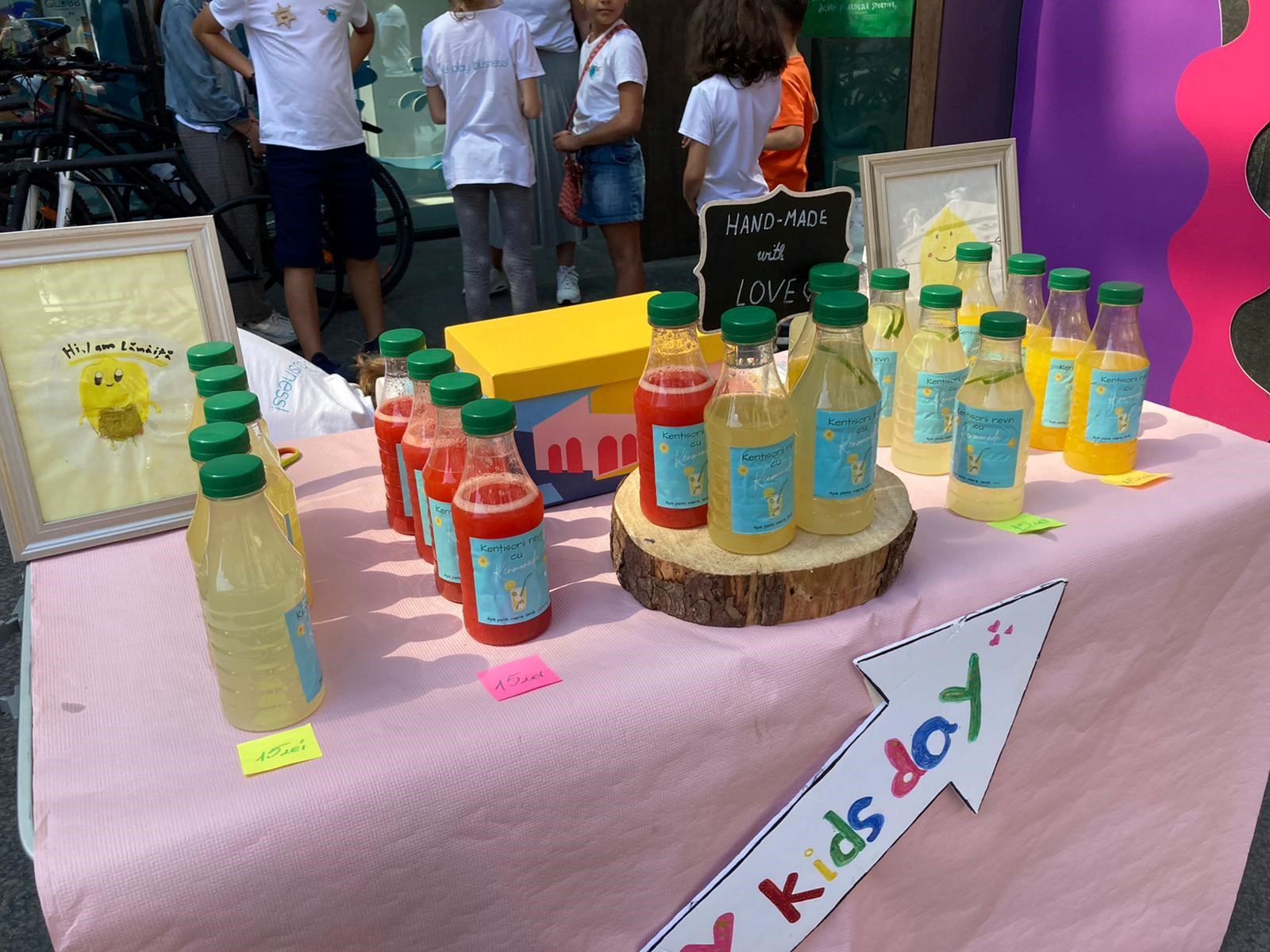
I'm a kid and my dream involves… money. What I do?
No matter what age we are, often when we want something, 2 obstacles come to mind: I don't have money or I don't have time. Today we will talk about the first obstacle: money.
From the perspective of someone who accompanies other people to achieve their dreams, I have noticed that one of the main reasons people cite as an obstacle to having or living something is… money. However, it seems that if we set a dream, a goal, we become more motivated to save or do something to earn it. Suddenly, the brain kicks in and finds solutions to this problem.
CHILD method, theorized by Mirela Oprea, the founder of the concept of Dream Management, is used to simplify the process of fulfilling any dream: first cwe clarify the dream, then analyze Aobstacles, to identify later pthe lowest ace, let's have a andgood name and friends of our dream to support us, all wrapped up in the state of ITinitiates that we need to realize our dreams.
When it comes to children and their dreams, if what they want is a material good or an experience that money can buy, then their first thought is to ask their parents for money. Entrepreneurial education is one that can teach children, from an early age, various methods of how to face the obstacle in fulfilling any of their dreams called…MONEY.
- How do you ask your parents for money?
When the child's dream involves financial resources, parents generally want to support and support him in achieving the objectives. You have the option to directly give him the money he wants or ask him for something in return. This depends a lot on the parents' view of money.
Don't directly give him the money he wants, ask him for something in return. Have him wash the dishes, or walk the dog. Teach him that in life money is earned and often you need to do something to get it. The lesson conveyed is: work for what you want, realizing the value of the penny.
- How do you earn money as a child?
Encourage your child to discover their own talents and make money from them. Whether he makes lemonade and sells it to the neighbors in the neighborhood, whether he knows how to paint and sells his paintings to acquaintances, or maybe he has toys in very good condition that he no longer uses and can sell them to another child, any solution of this kind, coming from him and supported by the family, is welcome. This type of activity gives the sentimental child that he is capable and confident in his own strength to achieve whatever he wants in life.
For example, in American culture, children are encouraged to sell their own lemonade on the street corner to passersby and neighbors. This practice has become common among young Americans during the summer. In this way, the child practices the possibility of having a business at a young age, learning from his own experience more about profit, about marketing, communication skills and many other things. At Ken Academy there were many times when the children made lemonade and sold it, and the experience proved valuable: the lemonade "evaporated" immediately. Here is an image below:
- How to save, like a child, for your dream?
Perhaps many times, as a parent, you don't want to give your child all the money to fulfill his dream, but you also don't want to make him do something in exchange for the money, but rather to stimulate his ability to save, which is also very important for adult life. Therefore, it is desirable for a child to have his own amount of money in order to learn how to use it. It can happen at various ages, many times, we want things that are expensive from a financial point of view and we have to raise money, constantly, to fulfill our dream.
Open discussions about money are extremely valuable from an early age, because they teach children how to relate to money and stop it being a taboo subject only for adults. Money is part of our lives, and the sooner they become friends with it, the healthier their financial lives will be as adults.
*Article written by Dorina Opran, KEN Academy trainer collaborator
